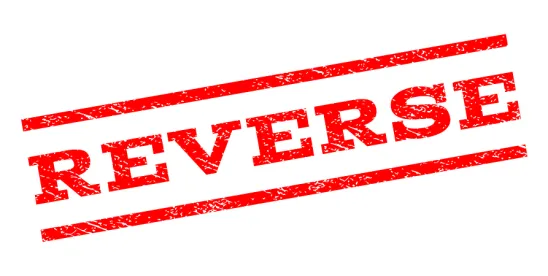Hayes v. Watson arose from an incident in an emergency room when a physician dropped a backboard that hit the plaintiff’s foot, causing a crush injury requiring surgeries. The case was tried and resulted in a defense verdict that the plaintiff appealed.
Nevada Court of Appeals Reasoning
- First, Nevada’s Court of Appeals adopted the cumulative error doctrine for civil cases. Until this decision, Nevada had applied the doctrine expressly only in criminal cases.
- The Court of Appeals then concluded the district court erred by restricting Hayes to using the transcript from a key witness’s deposition rather than video clips. Although the testimony was the same, the video clips would have permitted the jury to assess demeanor.
- The Court then concluded that various references to Hayes’s workers’ compensation benefits violated Nevada’s collateral source rule and the district court should have more clearly ruled on Hayes’s objections to it.
- Finally, the Court determined district court erred by allowing a NRCP 30(b)(6) designee to give expert testimony that had not been given in deposition where the deposition topics had expressly covered the area for expert testimony.
Standing alone, none of these small errors would have supported a new trial. It was only by combining them that a new trial was supported.
Analysis
Adopting the cumulative error doctrine for civil cases is not a large change. More relevant for defense clients is the footnote discussion of workers’ compensation benefits and the purpose for which they may be used per Nevada Revised Statutes 616C.215(10). That statute states:
“In any trial of an action by the injured employee, or in the case of his or her death by the dependents of the employee, against a person other than the employer or a person in the same employ, the jury must receive proof of the amount of all payments made or to be made by the insurer or the Administrator.”
The statute then provides an exemplar jury instruction. The statute is presently the only recognized exception to Nevada’s collateral source rule.
Some defendants use the amount the workers’ compensation administrator paid for the medical care as one piece of evidence to consider in deciding what the reasonable value of medical expenses might be. The Court of Appeals wrote, without deciding, that “highlighting the payments Hayes received from workers’ compensation and suggesting that the payments were relevant to the jury’s decision in awarding compensation” arguably violated the collateral source rule.
Highlighting admissible evidence wasn’t the problem, it was how the closing argument framed the evidence. The open question then is: What is the scope of permissible use for this evidence?



 />i
/>i

